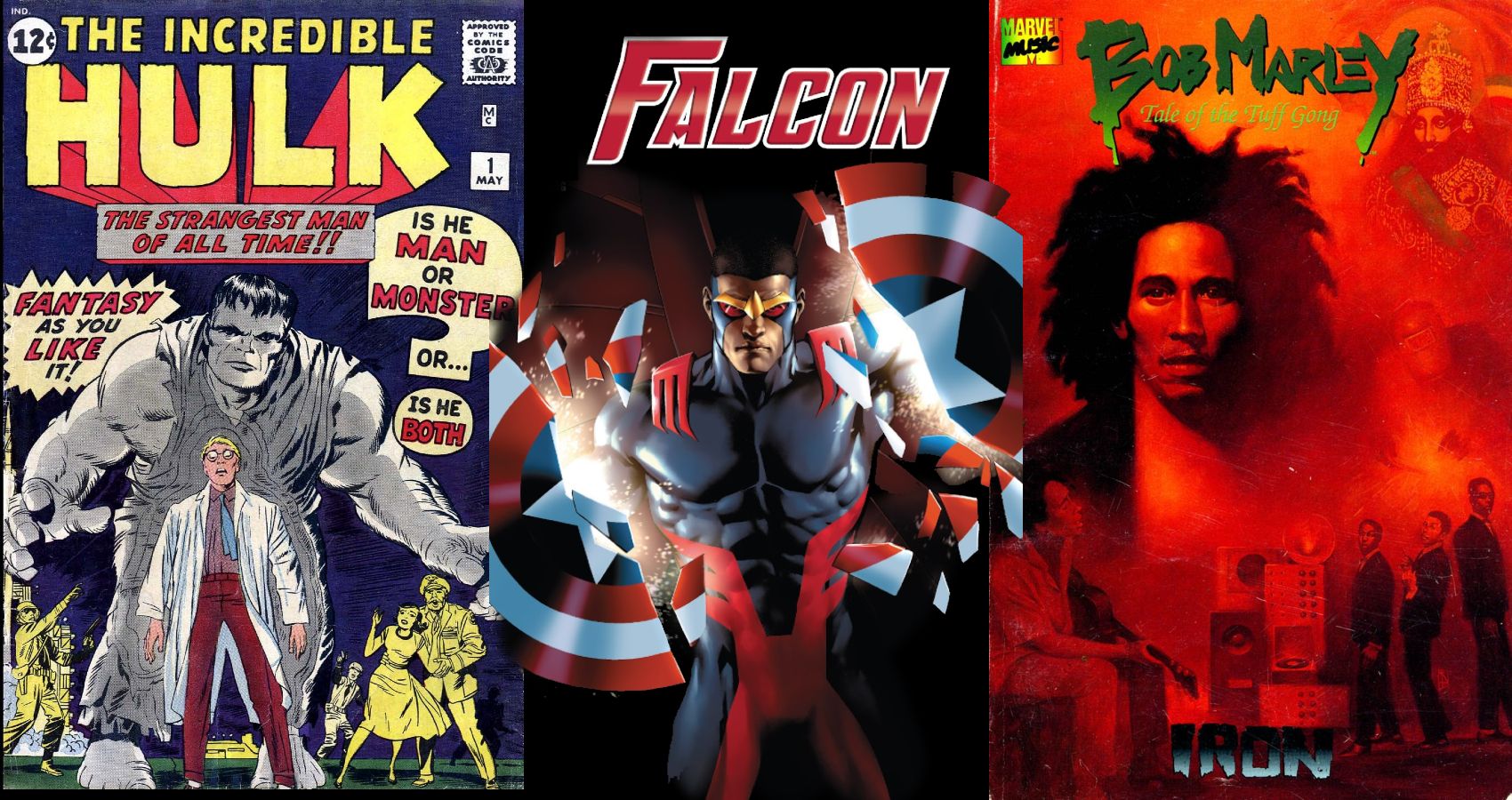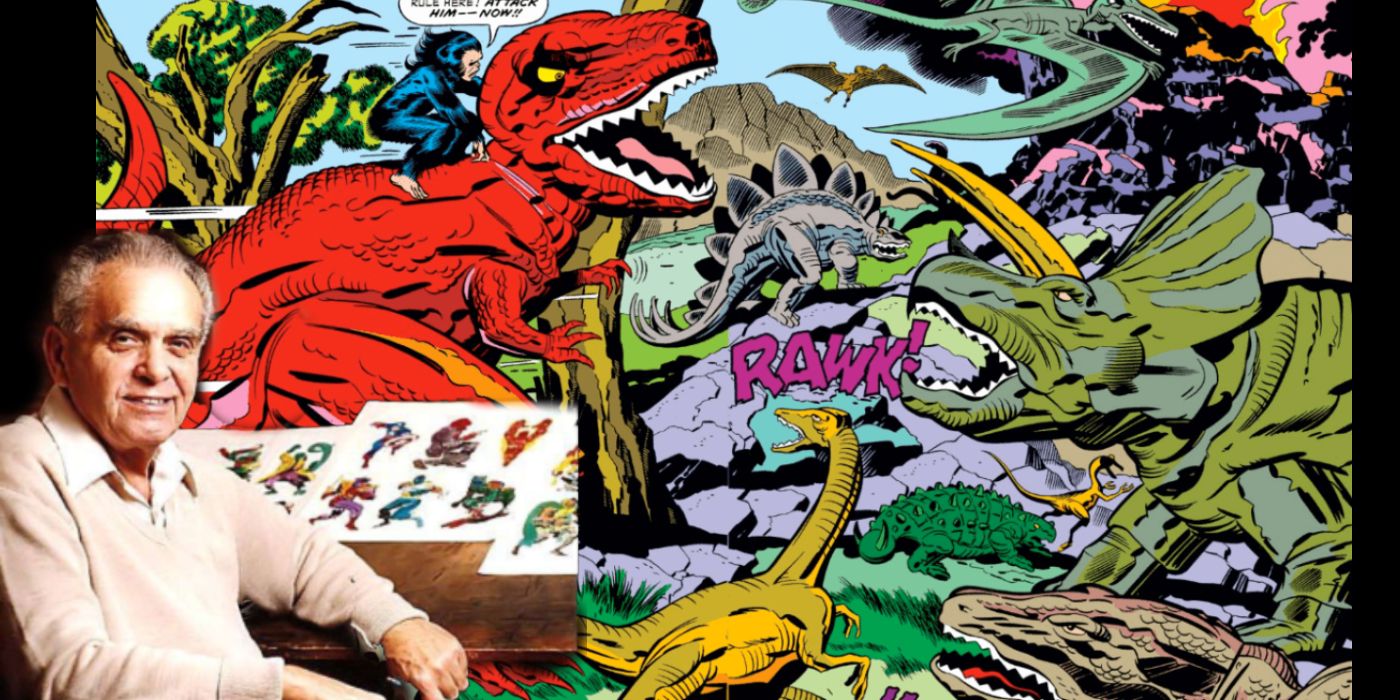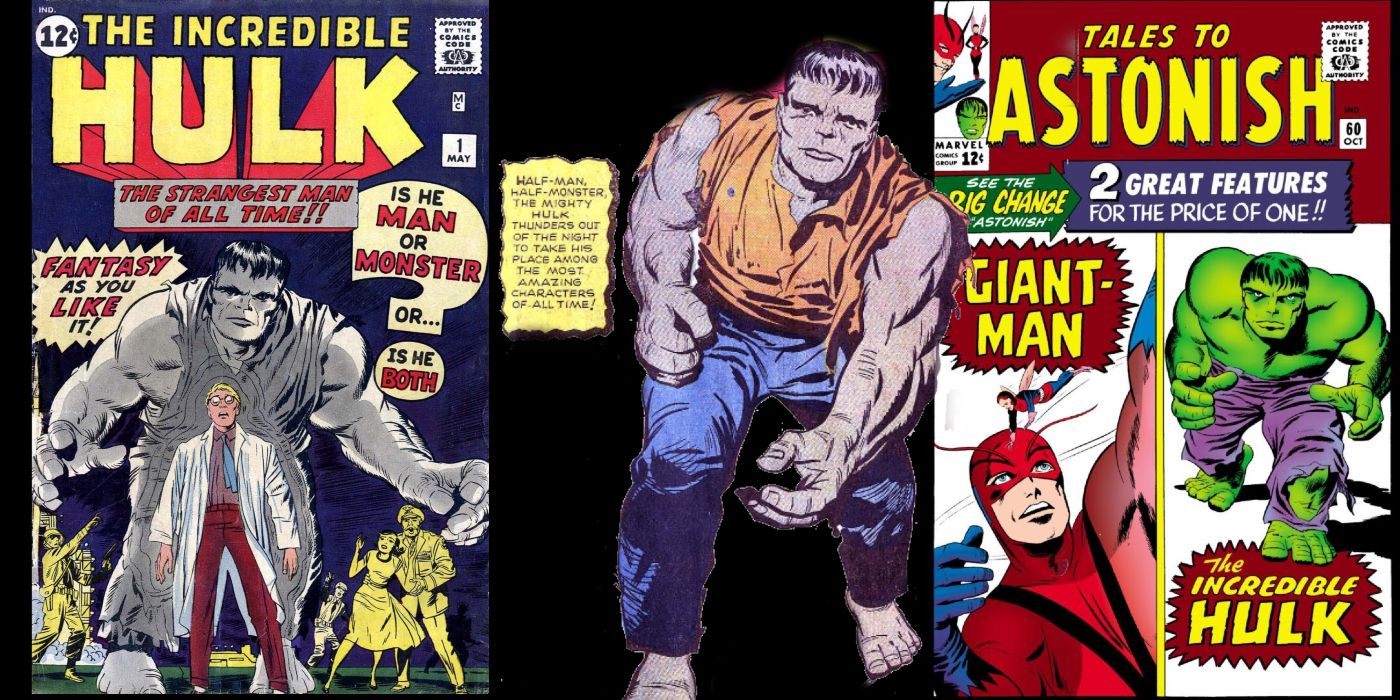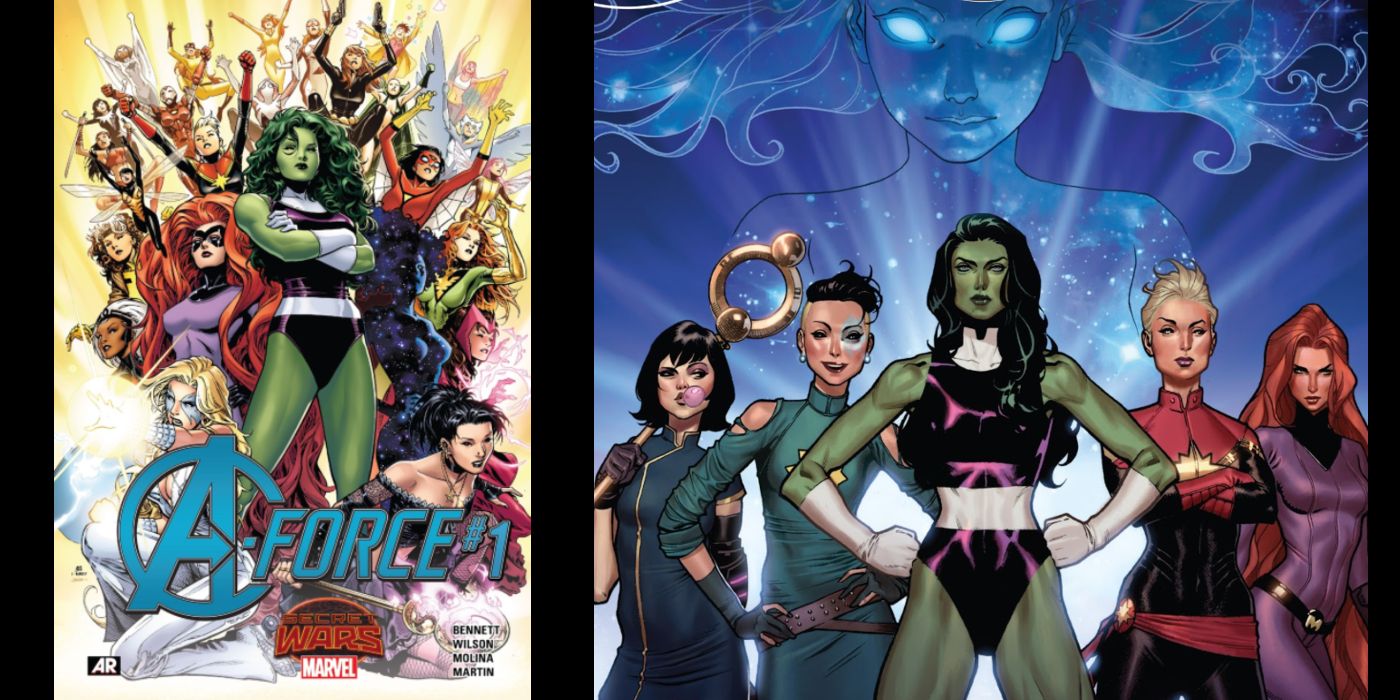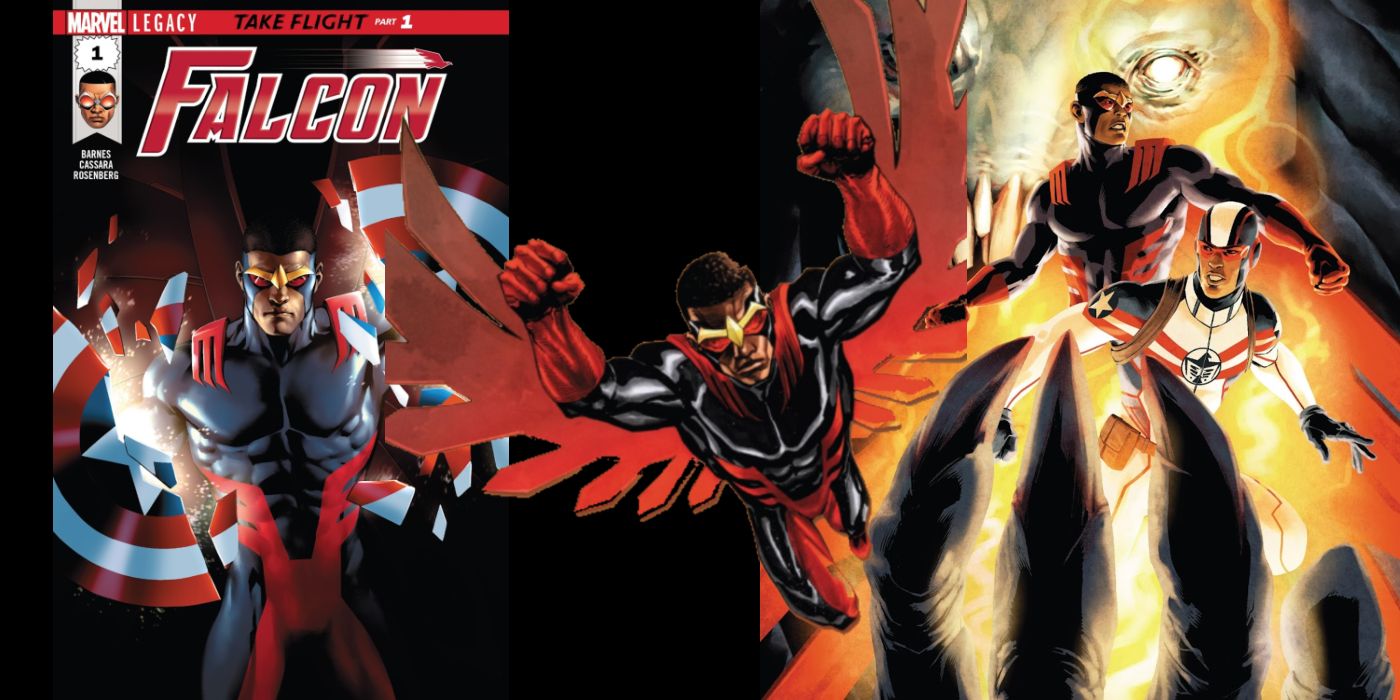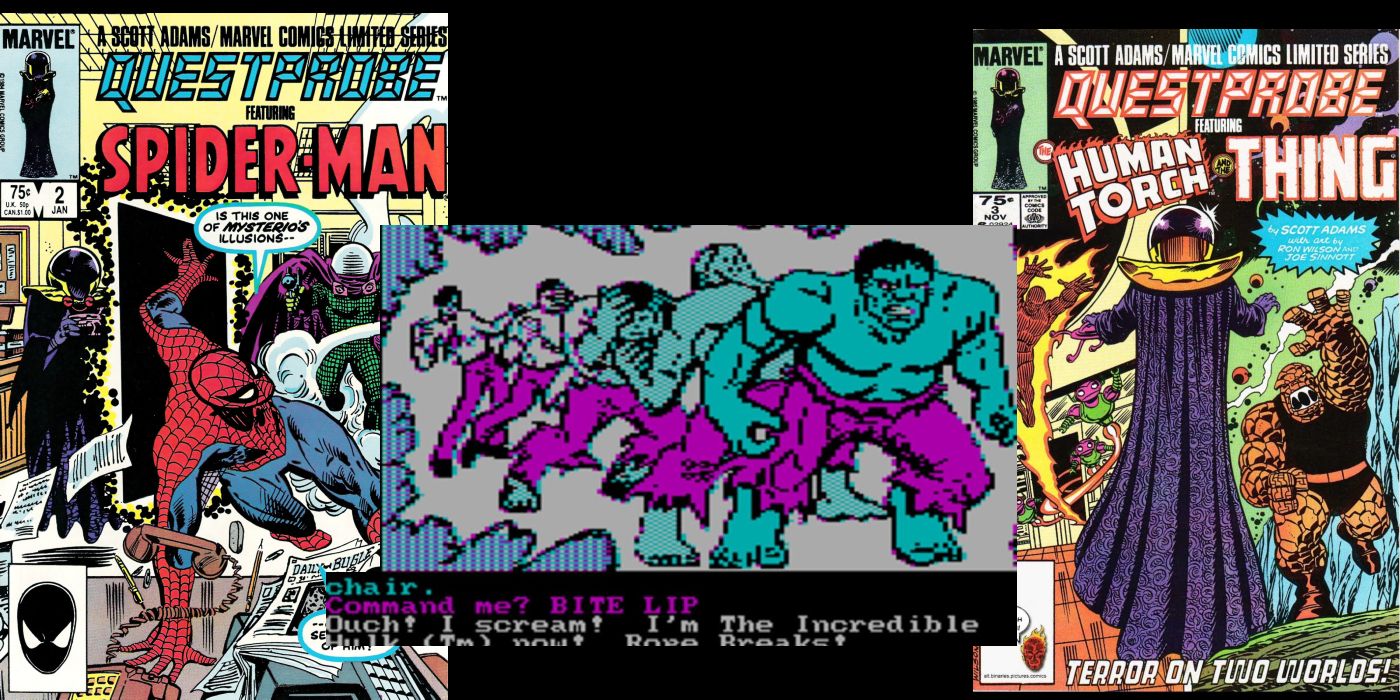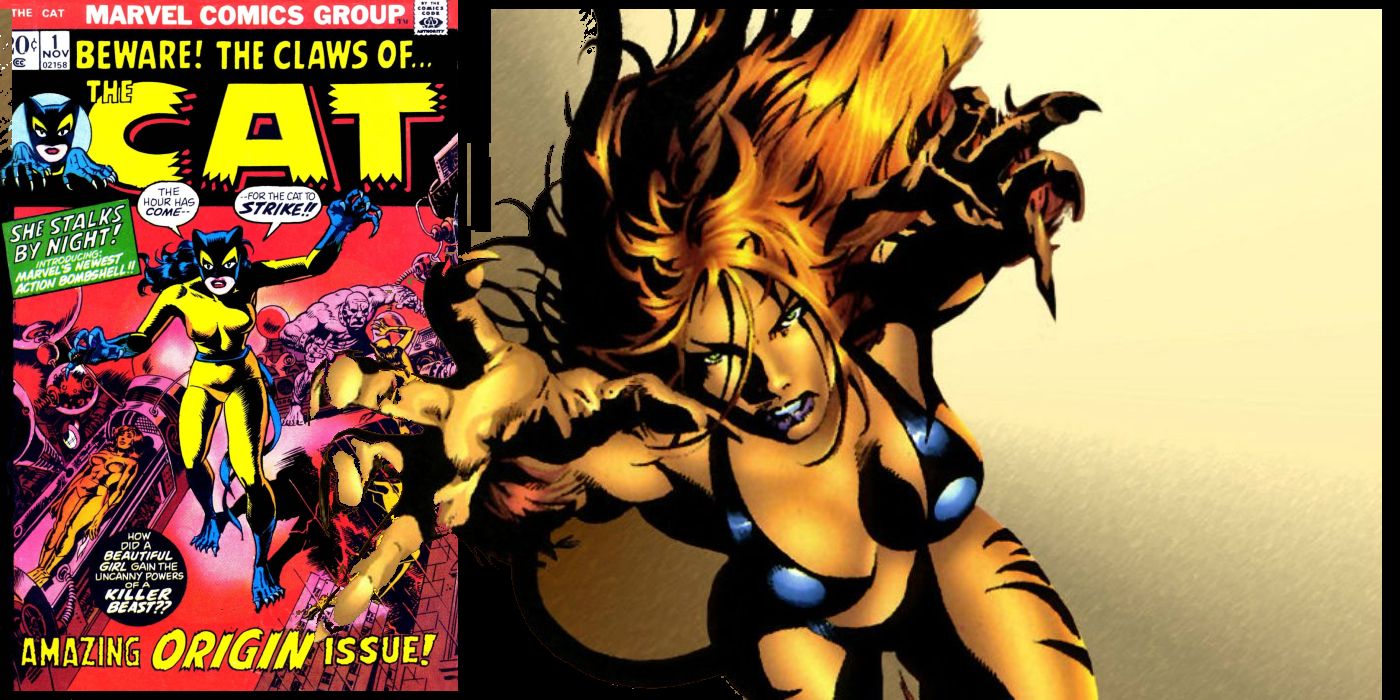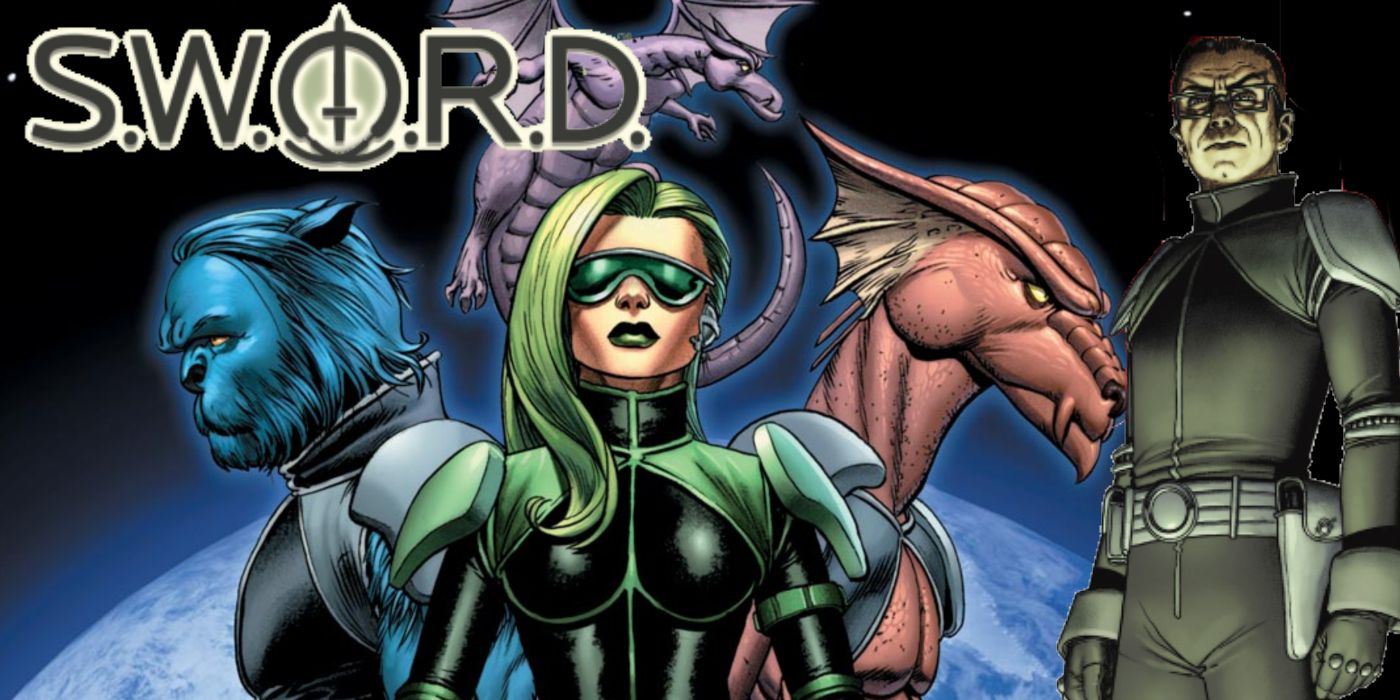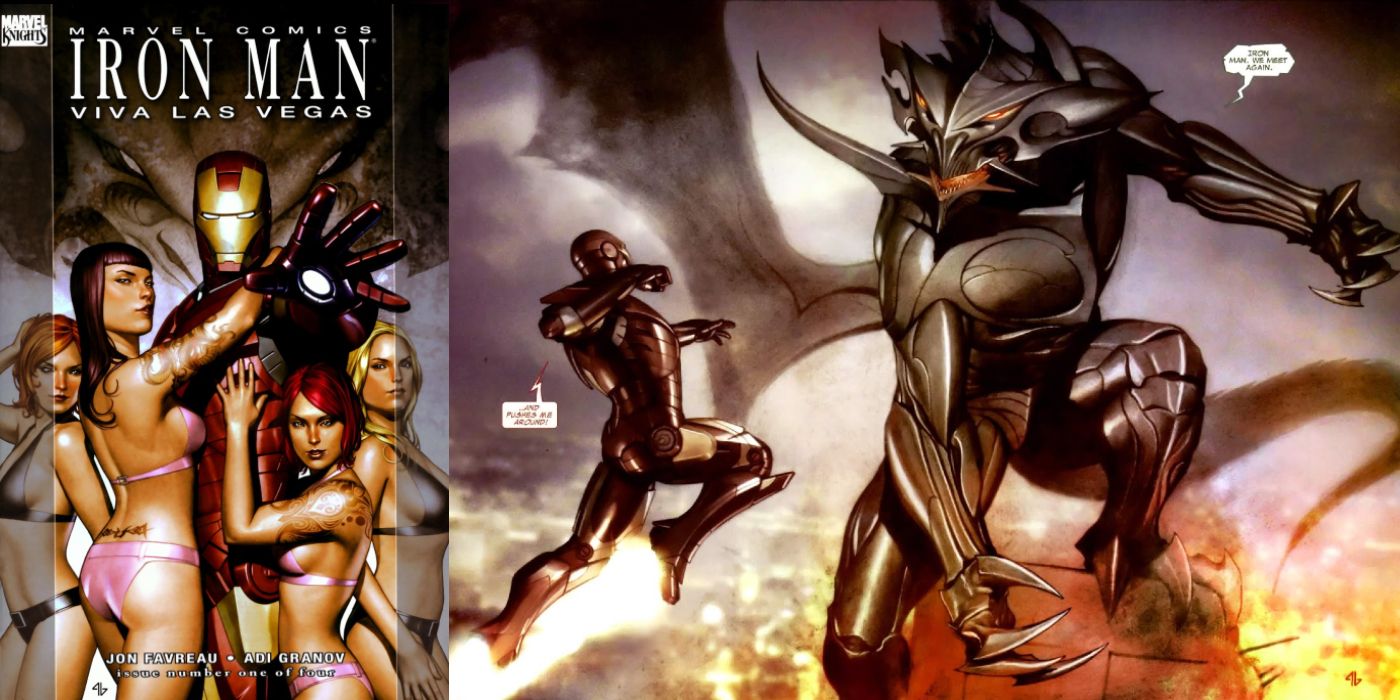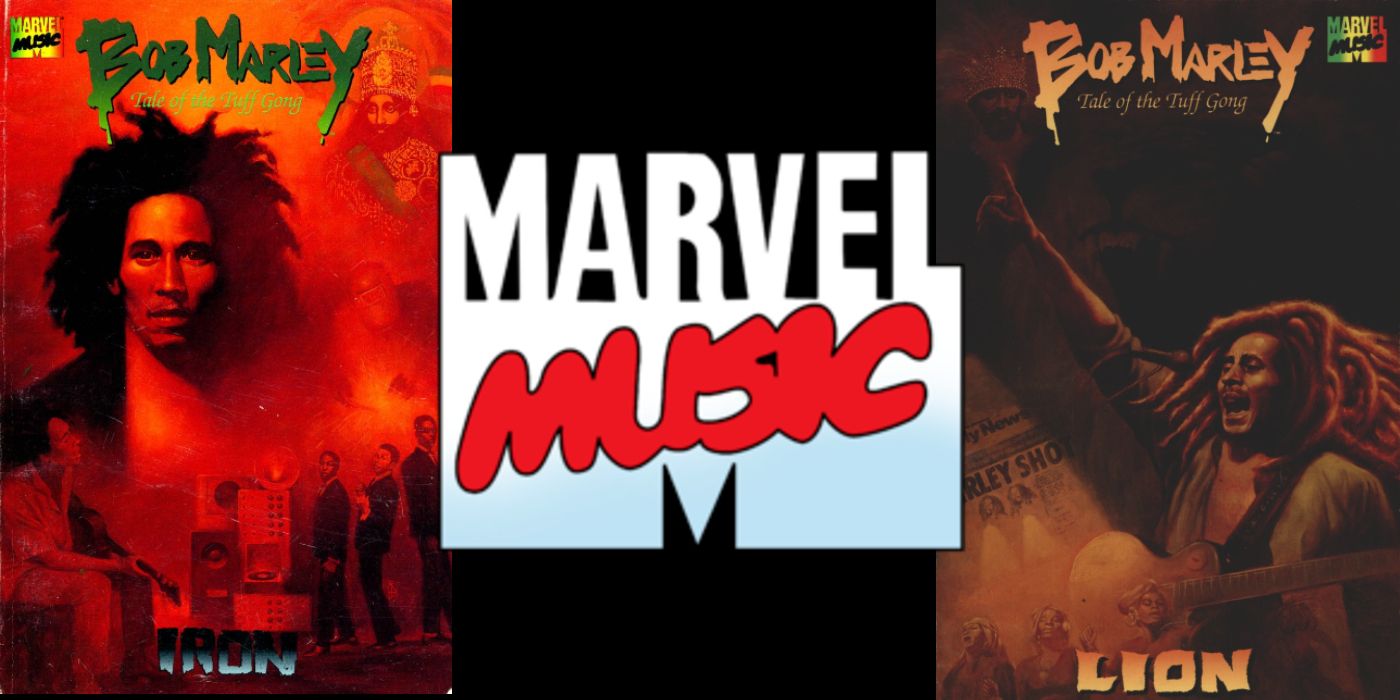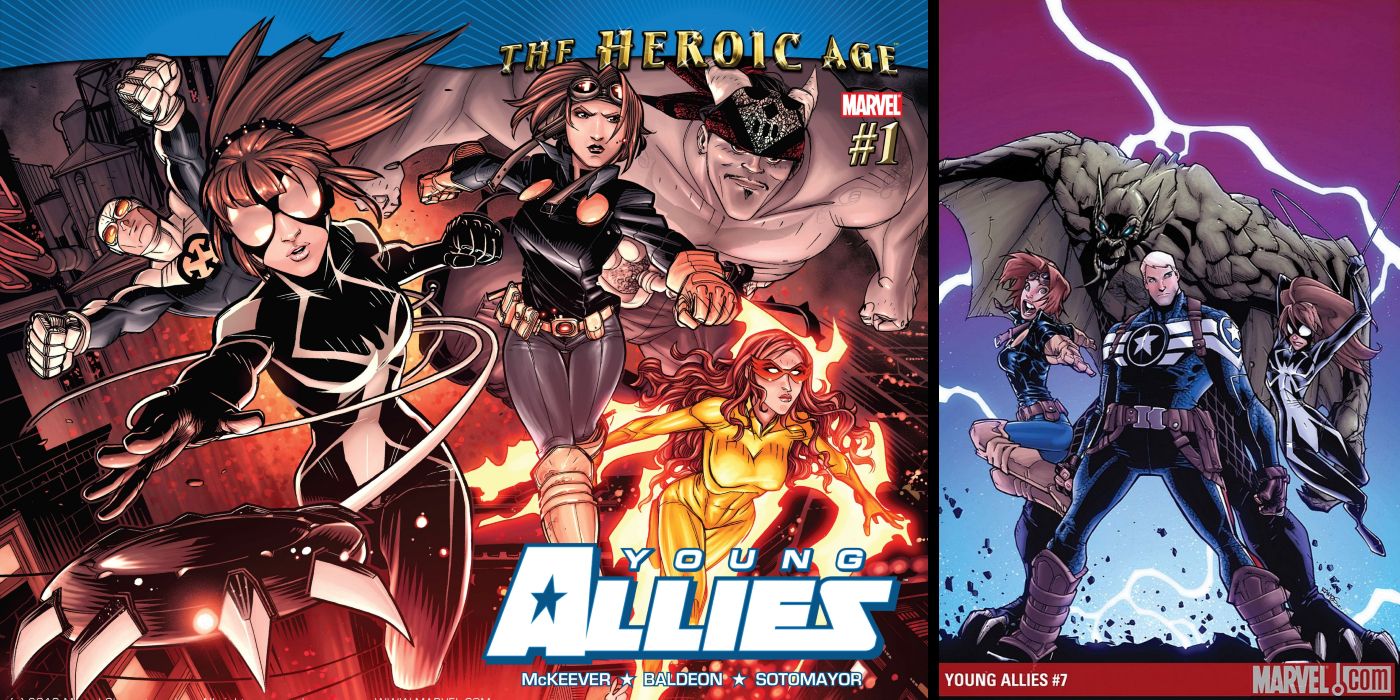Comic book publishers walk a fine line between trying to provide readers with a wide spectrum of content while maintaining their bottom line: to make money. Marvel Comics, throughout its history as one of the major publishers in the industry, has had more than its fair share of titles that should have appealed to its audience but fallen short and had to cancel them abruptly before the who story could be told.
In 2020, due to the worldwide COVID-19 pandemic, Marvel canceled close to ten ongoing series, some of which had only seen the release of a few issues. While readers of these comics were probably disappointed, they should take some comfort in that this wasn't the first time this happened and definitely not the last.
10 Legendary Creator Jack Kirby Was Not Immune To Having His Creations Be Unsuccessful At First
Even comic book legends are not immune to having their work canceled after only releasing a few issues; it happened to Jack Kirby more than once. Kirby created Devil Dinosaur during his third stint with Marvel after leaving DC Comics. Hoping to capitalize on the success of Kamandi, Marvel had Kirby create a similar property and incorporating a dinosaur, a popular trend with kids.
The Devil Dinosaur series lasted only seven issues before being canceled due to sales. Following cancelation, Devil Dinosaur and Moon-Boy appeared in one-shots, cameos, or supporting roles in other series until 2016's Moon Girl and Devil Dinosaur.
9 The Incredible Hulk Stumbled In His First Comic Book Series, Which Lasted Only Six Issues
The Incredible Hulk burst onto the comics scene in 1962, but it wasn't a successful first try out of the gate for the green behemoth. Six issues later, the first series featuring the Incredible Hulk was over as fast as it began. The first six issues were written by Stan Lee, with Jack Kirby penciling issues #1 - 5 and Steve Ditko handling the penciling and inking chores on the sixth. A year and a half later, Hulk became one of two features in Tales to Astonish, beginning in issue #60 and later being renamed to The Incredible Hulk with issue #102.
8 A-Force, Marvel's First All-Female Team Survived Secret Wars But Was Canceled After A Short Run As Part Of The All-New, All-Different Marvel Era
Debuting in May 2015 as a part of Marvel's Secret Wars crossover, writers G. Willow Wilson and Marguerite Bennett untied the Mightiest Women in the Marvel Universe's explosive series, A-Force. The series, featuring Dazzler, Medusa, Nico Minoru, and the new "cosmic powered" hero Singularity, was led by She-Hulk after the Avengers disbanded and Earth was a patchwork of different environments, including Arcadia, controlled by A-Force.
The series concluded at end of Secret Wars but was part of the All-New, All-Different Marvel initiative coming back for a 10 issue run with Wilson leaving after issue #5 and Kelly Thompson taking over. The series didn't last much longer, canceled due to plummeting sales, which Thompson blamed in part on being forced to participate in the Civil War II storyline.
7 Sam Wilson, Marvel's Falcon Struggled To Soar In His Post-Captain America Solo Series
Sam "Falcon" Wilson may be riding high at the moment with the new series in the Marvel Cinematic Universe, but his luck in comics has been a rough go for him. Following the real Steve Rogers' return in the wake of Secret Empire, Sam laid down the shield and returned to his role as Falcon. Embarking on a personal mission to reconnect with the American people and train his new young sidekick, The Patriot, Sam took on the gangs of Chicago before the series was canceled. The series, written by Rodney Barnes with art by Joshua Cassara, lasted for eight issues before ending and teaming up with Bucky Barnes for the 2020 limited series Falcon & Winter Soldier.
6 Marvel's Comic Book Tie-In To The Video Game Series Questprobe Was Canceled Once The Company Went Bankrupt
In the early 80s, Marvel teamed with the video game company Adventure International to produce Questprobe, a trilogy of graphical adventure video games starring Marvel Comics characters such as Spider-Man, The Hulk, and the Human Torch and Thing. These games, designed by Adventure International were made for the early gaming consoles Atari 8-bit family, Apple II, and Commodore 16 and 64.
To go along with the games, Marvel launched Questprobe, intended to be a 12-issue comic book tie-in, but only three issues were published, with a fourth in the works featuring the X-Men. The series was abruptly canceled after issue #3 when Adventure International filed for bankruptcy. The X-Men story would appear in Marvel Fanfare #33, and events of the Questprobe comic book continued in the pages of Quasar.
5 Before She Became Tigra Greer Nelson Was The Cat, Whose Introductory Series Was Cut Short Due To Poor Sales
Greer Grant Nelson, introduced initially as The Cat, was created by Roy Thomas, artist Wally Wood, and Marie Severin. The Cat was one of the characters in the 70s that Marvel hoped would appeal to girls and help expand the audience. Before she mutated into Tigra, the human/tiger hybrid, she was a human fighting crime as The Cat and introduced in the series The Claws of the Cat written by Linda Fite. The book lasted only four issues before being canceled due to poor sales of the previous issues, and a fifth issue featuring the art of Ramona Fradon was never published. Tigra preserved though going on to guest star throughout various Marvel comics before joining The Avengers.
4 The Counterterrorism / Intelligence Agency S.W.O.R.D.'s First Series Was Canceled After Poor Sells Of Issue #2
Sentient World Observation and Response Department (S.W.O.R.D.) is the counterterrorism and intelligence agency, originally an offshoot of S.H.I.E.L.D run by Special Agent Abigail Brand. In 2009 Kieron Gillen and Steven Sanders launched an ongoing series featuring the agency that saw Henry Peter Gyrich, the government liaison who hates superheroes, installed as S.W.O.R.D.'s co-commander alongside Brand.
The series lasted only five issues, seeing cancelation after sales of the second issue dropped drastically. The second volume of S.W.O.R.D. was part of the "Reign of X" storyline written by Al Ewing with art by Valerio Schiti, starring Agent Brand, Cable, Frenzy, Fabian Cortez, Magneto, Manifold, and Wiz Kid.
3 Readers Will Never Find Out How Iron Man's Marvel Knights Run-In With Fing Fang Foom In Las Vegas Ends
The Marvel Knights imprint began in 1998 and told more mature stores inside the Marvel Universe and spearheaded by Joe Quesada and Jimmy Palmiotti's company Event Comics. In 2008, Iron Man: Viva Las Vegas, written by Jon Favreau, followed Tony Stark to Sin City, searching for some rest and relaxation, only to run into Elsa Bloodstone, who thinks she might inadvertently responsible for the plague of giant lizards currently ravaging Earth. Only two of the four issues were published before the series was effectively canceled by Marvel, who offered no explanation for the story not being finished or if it ever would be.
2 The Marvel Music Imprint Showcasing Famous Musicians Not Only Canceled A Bob Marley Series But The Whole Line As Well
Marvel Music was a short-lived imprint that ran from 1994 to 1995, publishing stories about famous musicians and bands such as The Rolling Stones, Kiss, and Alice Cooper. The stories followed the artist's real-life while others starred the artist in a one-shot comic format. The comic about Bob Marley was one of the two miniseries, the other one spotlighting Alice Cooper. Bob Marley: Tale of the Tuff Gong was initially supposed to be a three-issue series, but the third issue was never released and canceled along with the imprint after it proved unpopular with readers. The Marvel Music brand is now used for the soundtracks for the movies in the Marvel Cinematic Universe.
1 The Attempt To Reintroduce The Golden Age Concept Of The Young Allies Only Lasted Six Issues
The Heroic Age of Marvel reintroduced the Golden Age concept of the Young Allies by writer Sean McKeever and artist David Baldeon. The book starred Nomad, Firestar, Spider-Girl, Gravity, and Toro (Benito Serrano), who were less of a team, but more like a group of the same generation and were like-minded people who believed they were fighting for their generation place in the world and soul. The series was canceled due to poor sales, with only six issues seeing print; though issue seven had been solicited, it was never released. The characters would continue to make sporadic cameos in Avengers Academy and various event tie-in books.

